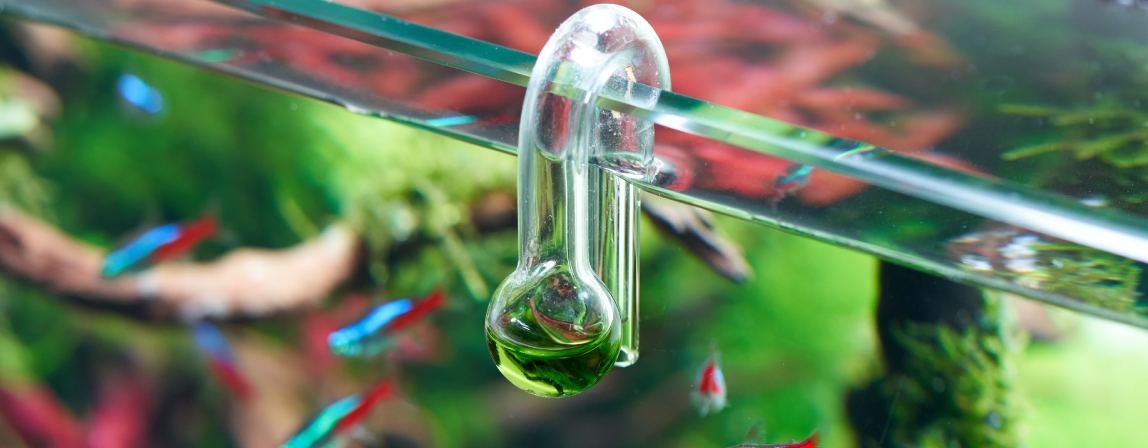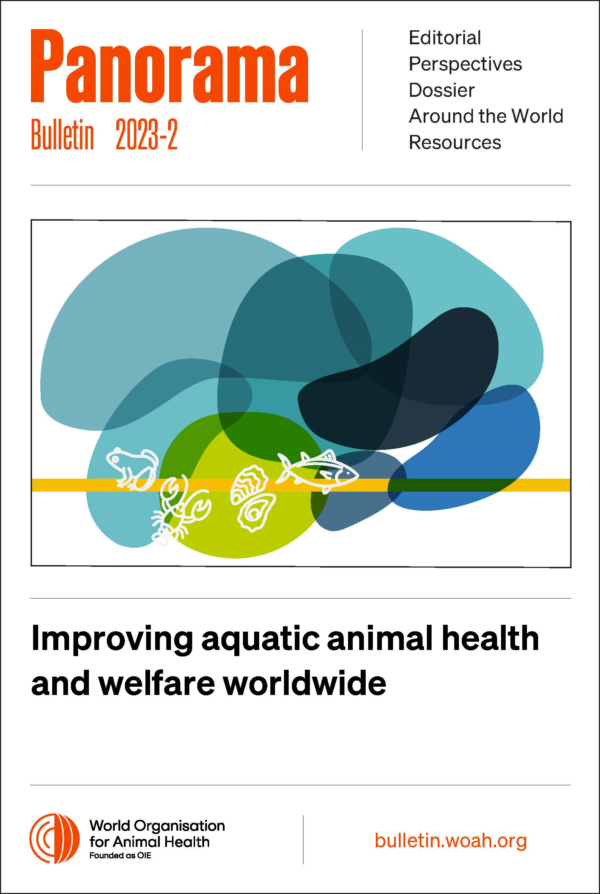Perspectives Posted on 2023-12-12 11:47:25
Opinions and strategies
The importance of standards to support Members’ needs: A perspective
Keywords
Authors
Dr. Fiona Geoghegan, European Commission, DG SANTE
The designations and denominations employed and the presentation of the material in this article do not imply the expression of any opinion whatsoever on the part of WOAH concerning the legal status of any country, territory, city or area or of its authorities, or concerning the delimitation of its frontiers and boundaries.
The views expressed in this article are solely the responsibility of the author(s). The mention of specific companies or products of manufacturers, whether or not these have been patented, does not imply that these have been endorsed or recommended by WOAH in preference to others of a similar nature that are not mentioned.
Global context
Aquatic animal production is essential to achieving many of the United Nations Sustainable Development Goals [1]. Taking into account that at least 17% of animal products and 7% of all protein currently consumed globally is from aquatic animals [2], sustainable production is of worldwide importance.
Disease poses a threat to sustainable production
Disease outbreaks present a significant threat to the sustainable production of aquatic animals. The prevention or appropriate management of such outbreaks is, therefore, critically important to the achievement of global food security, as the population of the world continues to grow and is expected to approach 10 billion by 2050.
How can aquatic animal health standards help to ensure sustainable production?
Given that more than 500 aquatic species are farmed worldwide, and many more are harvested from wild fisheries, international trade in aquatic animals and products is substantial. Consequently, the spread of transboundary diseases represents a significant threat to global aquatic animal production, and cooperation between countries to manage such risks is crucially important.
To be effective, such cooperation should be based on the International Aquatic Animal Health Standards set by the World Organisation for Animal Health (WOAH). Their objectives are to manage disease risk through prevention, early detection, and appropriate disease control and risk mitigation measures for listed and emerging diseases, and thus ensure safe international trade.
The ongoing development of scientifically sound international standards, and their implementation by WOAH Members in collaboration with all stakeholders, will undoubtedly protect and improve animal health worldwide, thereby underpinning the sustainable production of aquatic animals and products, now and into the future.
https://doi.org/10.20506/bull.2023.2.3414
References
- United Nations Sustainable Development Goals https://sustainabledevelopment.un.org/sdgs
- Food and Agriculture Organisation of the United Nations (FAO)(2020). The State of World Fisheries and Aquaculture 2020. Sustainability in action. Rome, 224 pp. Available at http://www.fao.org/documents/card/en/c/ca9229en (accessed 9 June 2020)












